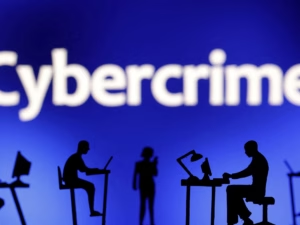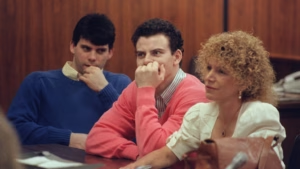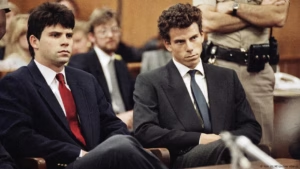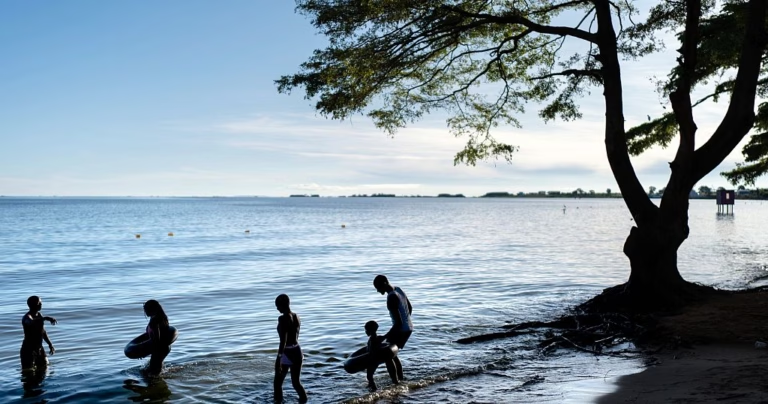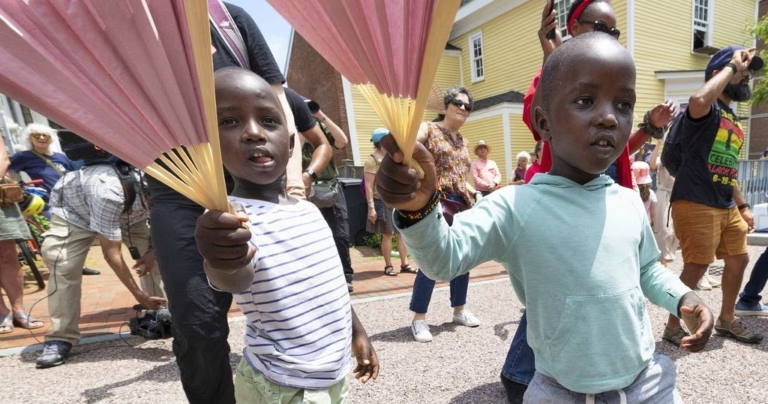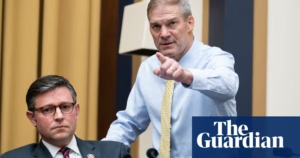
Goma has been under rebel control since January and locals are divided in their expectations of the negotiations.
Ange Sango, a Goma resident, voice her doubts over the effectiveness of these negotiations given the past broken promises and violence.
Other residents, like Léon Kiyonga, remain hopeful that this time the negotiations will finally bring an end to the years of violence in the region.
However, many haunted by years of conflict express deep skepticism towards the talks, fearing they might just become another false hope.
Millions of people have been displaced by the fighting, resulting in a dire humanitarian situation in the region.
“Living in fear isn’t right. We barely sleep because the fear is overwhelming. Let the leaders go and talk, and hopefully reach an agreement so the war can end,” says a displaced resident, Louise Sabina.
The M23 has long demanded direct negotiations with Kinshasa, which President Félix Tshisekedi sees as Rwanda’s proxy.
Some experts, like Hubert Masomeko, believe the Doha meeting represents a pivotal moment in resolving the conflict due to the new willingness from both sides to engage in direct talks.
The M23 recently withdrew from Walikale but remains active in Goma and Bukavu, two important cities in eastern DRC.
The route to peace is still long and challenging, with the Doha talks being crucial in determining the region’s future and the fate of those affected by the conflict.
